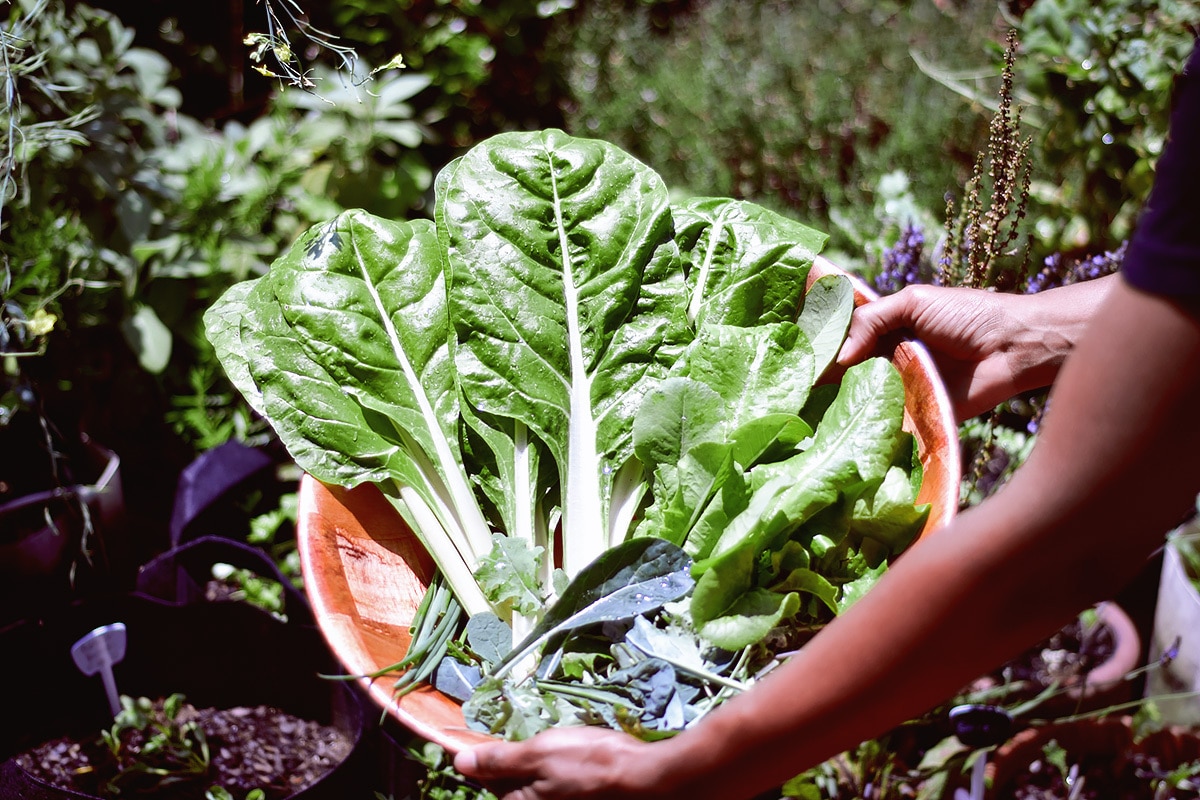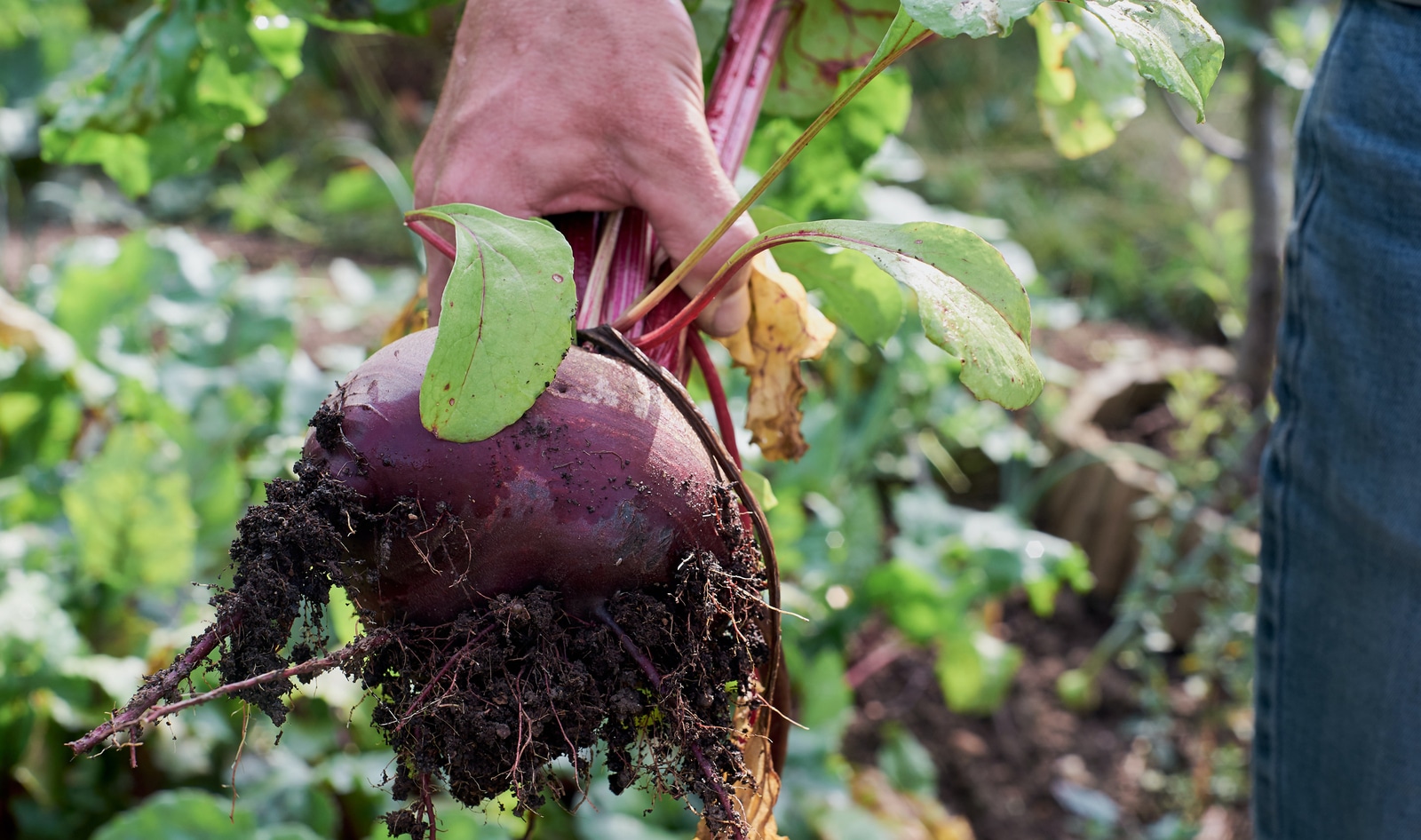This summer, ocean water around the Florida Keys hit boiling temperatures, and in New York City, July was the hottest month on record since 1880—the year that major data centers, including NASA, started keeping track.
This escalation adds to a decade-long trend, where the 10 warmest years since 1880 have all occurred since 2010. Atmospheric carbon dioxide levels reached a historic high of 421 parts per million as of May 2022, which has been matched by a rise in global temperatures, with 2022 recorded as the sixth-hottest year ever.
Adding to this disturbing picture, human-caused deforestation contributes to 20 percent of all global greenhouse gas emissions, surpassing emissions from all passenger vehicles, while simultaneously undermining nature’s potential as a powerful mitigator.
 Jo Anne McArthur/Unsplash
Jo Anne McArthur/Unsplash
These rising global temperatures make 3.6 billion people—specifically, those who live in regions prone to droughts, floods, heat waves, extreme weather events, and sea-level rise—vulnerable to climate-related disasters.
What can we do to prepare for what the climate crisis will bring? The Center for Biological Diversity says a shift toward a plant-based diet is a smart move.
Plant-based diets as a climate change strategy
The Center for Biological Diversity recently released a scientific review underscoring the benefits of switching to plant-based diets to prepare for climate change-related emergencies from a healthcare perspective.
Sixty percent of Americans suffer from at least one chronic disease, while 40 percent have at least two. These diseases are linked with temperature extremes, and climate change could worsen their impact.
 Spencer Davis/Pexels
Spencer Davis/Pexels
Healthy plant-based diets can be instrumental in preventing chronic diseases such as obesity, diabetes, and hypertension, thereby easing the burden on an already stressed healthcare system.
According to Mark Rifkin, senior food and agriculture policy specialist at the Center for Biological Diversity, the vulnerability in disasters is closely linked to our dietary choices.
“The effects of unanticipated crises on health care and first-responder systems are reflected in climate-fueled environmental emergencies, to which human resilience is diminished by our chronic disease epidemic,” Rifkin wrote in the review.
During environmental crises, he explained, challenges are intensified for those requiring specialized care, such as refrigerated insulin for diabetes. Factors like extreme weather conditions, staff and equipment shortages, and lack of access to fresh food exacerbate the situation, exposing the fundamental inability of the existing healthcare infrastructure to adequately cope with both the prevailing chronic disease burden and additional crises.
A shift in our eating habits toward a plant-based diet, therefore, is not only beneficial to individual health but also crucial in enhancing resilience to climate and public health crises.
 Elias Morr/Unsplash
Elias Morr/Unsplash
The environmental aspect of plant-based diets is also noteworthy. A recent study compiled by the University of Oxford recently found that a vegan diet has a 75 percent lower environmental impact than a traditional diet that includes animal products.
This study builds on mounting research that has come to similar conclusions which demonstrates the need to move away from animal products could help address the climate crisis.
“The threats represented by the concurrent crises of chronic disease, health care challenges, and climate change present fundamental and dangerous risks to health and life,” Rifkin wrote. “Policymakers should recognize the next pandemic or climate-related disaster is imminent and seize the opportunity to modify the risks where possible.”
“While improving our poor dietary habits is a significant challenge, it is a solvable problem,” he concluded.
A sustainable plant-based diet
But how can individuals make this shift practically and sustainably? A University of Sheffield study released this week may have the answer: growing your own fruits and vegetables at home.
The research found that households in the United Kingdom engaged in food-growing practices produce approximately half of their annual vegetable supply, 20 percent of their fruit supply, and eat 70 percent more fruit and vegetables than the national average.

Adalia Botha/Unsplash
The benefits don’t end there. The fruit and vegetable waste generated by food growers was found to be 95 percent lower than the average UK household.
“Eating at least five portions of fruit and vegetables a day is associated with significantly decreased risks of developing health issues like obesity, heart disease, type 2 diabetes, and certain types of cancer, and could help prevent associated deaths and cut healthcare costs worldwide,” Zilla Gulyas, PhD, from the University of Sheffield’s School of Biosciences, said in a statement.
The potential of growing food at home is clear, but barriers such as access to space and resources must be addressed to maximize its impact. The Sheffield study argues that household food production could play a crucial role in promoting both healthy diets and food system resilience, but to make it accessible, individuals need better access to the means to grow their own.
“Global food security is one of the biggest challenges we will face in the future, therefore it’s crucial that we find new ways to increase the resilience of the UK food system,” Jill Edmondson, PhD, also from the University of Sheffield, said in a statement.
This study calls for government policy to recognize the role of household food-growing in enhancing national food self-sufficiency and health outcomes. This includes finding ways to overcome socio-economic challenges and increasing the space available for UK households to grow food.
 Sandie Clarke/Unsplash
Sandie Clarke/Unsplash
The connection between what we eat and how it affects both our bodies and the planet is becoming more evident. In fact, another study from this summer by the Harvard T.H. Chan School of Public Health found that eating a plant-based diet that is kind to the planet helped participants live 25 percent longer.
As we face an uncertain future with climate change and increased public health challenges, the evidence suggests that the best way to prepare is to make a shift toward a plant-based food system.
For the latest vegan news, read:
JUMP TO ... Latest News | Recipes | Guides | Health | Subscribe









